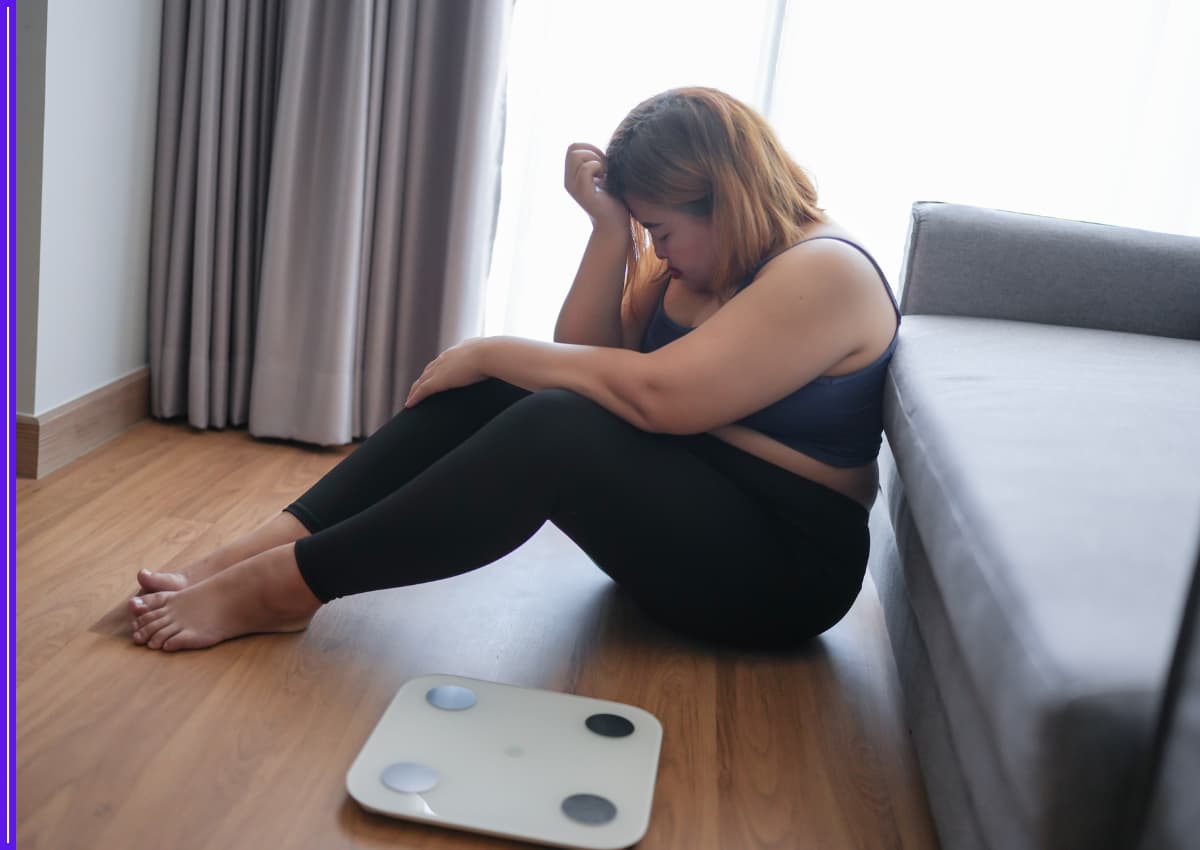The Indian government is considering a proposal to reduce or completely waive import duties on nearly 200 critical drugs, including high-cost cancer treatments like Keytruda and Enhertu. The move is part of an ongoing effort to improve access to life-saving therapies and reduce the financial burden on patients suffering from severe and chronic illnesses.

An expert committee formed by the Department of Pharmaceuticals has submitted its recommendations to key ministries, including the Ministry of Finance and the Ministry of Health and Family Welfare. The list comprises medications that are currently not manufactured in India or are imported in limited quantities at high costs. These include drugs used in the treatment of cancer, HIV/AIDS, organ transplantation, rare genetic disorders, and hematological conditions.
Among the high-profile drugs on the proposed exemption list is Keytruda (pembrolizumab), an immunotherapy drug used to treat various cancers including non-small cell lung cancer, melanoma, and bladder cancer. Also on the list is Enhertu (trastuzumab deruxtecan), a next-generation targeted therapy used in the treatment of HER2-positive breast cancer. Both drugs are manufactured internationally and currently sold in India at extremely high prices due to customs duties and logistical costs.
Currently, patients receiving Keytruda for lung cancer often have to pay over ₹3 to ₹4 lakh per dose, with multiple doses required over several months of treatment. Enhertu, too, is priced significantly higher than most conventional chemotherapy treatments. Patient advocacy groups and oncologists have repeatedly urged the government to address the pricing challenge for such breakthrough therapies, which are often out of reach for middle-income and uninsured families.
The proposed duty relaxations follow a series of similar steps taken by the government in recent years to improve access to medicines for rare and complex diseases. In the Union Budget 2023–24, the government had announced a full customs duty exemption on select rare-disease drugs, including osimertinib, another advanced cancer drug. The latest proposal significantly broadens the scope, focusing not only on rare diseases but also on mainstream critical treatments used widely across Indian hospitals.
According to sources familiar with the development, the list of 200 drugs was compiled after detailed consultations with medical experts, patient support groups, and importers. The criteria for selection included drugs that are not produced in India, those that are not therapeutically replaceable by generic alternatives, and medicines with proven clinical value in global treatment guidelines.
The committee has submitted its final report and recommendations. It is now being reviewed by the Department of Revenue, which will evaluate the fiscal implications of reducing or waiving customs duties. The Ministry of Health and Family Welfare is also reviewing the clinical relevance and impact on national health programs.
Officials said that once inter-ministerial consultations are complete, the final list of drugs approved for duty exemption will be notified through a formal announcement. If implemented, the new duty structure could come into effect in the next financial year.
Pharmaceutical industry stakeholders and healthcare professionals have welcomed the proposal, calling it a timely intervention. Several private hospitals and oncology centres have confirmed that high customs duties have been a major barrier to prescribing newer therapies. Some hospitals avoid stocking such medications entirely due to low demand caused by unaffordability, leaving patients with no access to the latest standard of care.
Speaking on the development, a senior oncologist from a leading government hospital in Delhi said, “These drugs are critical, especially in cases where standard chemotherapy doesn’t work. Reducing their cost through duty exemption will allow more patients to benefit from cutting-edge treatments that can significantly improve survival outcomes.”
Importers and distributors have also called for streamlined procedures at customs checkpoints to ensure that life-saving drugs are not delayed due to documentation or clearance issues. They have suggested that a dedicated channel be created for fast-tracking the import of medicines listed under the proposed duty relaxation scheme.
While India is among the world’s largest producers of generic medicines, many biologics, monoclonal antibodies, and immunotherapies are still not manufactured domestically due to the complexity and high cost of production. This makes importation the only option for many modern treatments. However, the combination of high import duties, transportation costs, and storage challenges contributes to inflated pricing, making such drugs unaffordable even in tier-one cities.
Government officials are evaluating the impact of the proposed changes on the domestic pharmaceutical industry. While the primary goal is to improve patient access, there are concerns that a broad exemption could discourage local manufacturers from investing in advanced drug development. The government is expected to strike a balance by offering incentives to domestic firms to produce some of these therapies locally while easing imports in the interim.
Health economists suggest that even a partial exemption could make a substantial difference in pricing. A 10% customs duty on a ₹5 lakh imported cancer drug, for example, adds ₹50,000 to the patient’s bill. Reducing or eliminating this component could open access to thousands more patients annually. The move could also improve availability in public hospitals, where budget constraints currently limit access to imported specialty drugs.
The Central Board of Indirect Taxes and Customs (CBIC) is likely to conduct a cost-benefit analysis before finalizing the changes. The process will involve coordination with the National Pharmaceutical Pricing Authority (NPPA) to ensure that duty reductions are reflected in end-user prices and not absorbed by distributors or hospital markups.
Hospitals and civil society groups have expressed hope that the government will expedite the decision, citing the urgency of need in cases like metastatic cancer, drug-resistant HIV, or post-transplant care. Some patient support organizations have already submitted petitions demanding faster rollout of the policy and greater transparency in pricing after duty reductions are applied.
The final notification on the duty exemption list is expected after internal evaluations are completed. If approved, the policy may be implemented in phases, starting with the most critical therapies and gradually expanding to other drugs over time.





